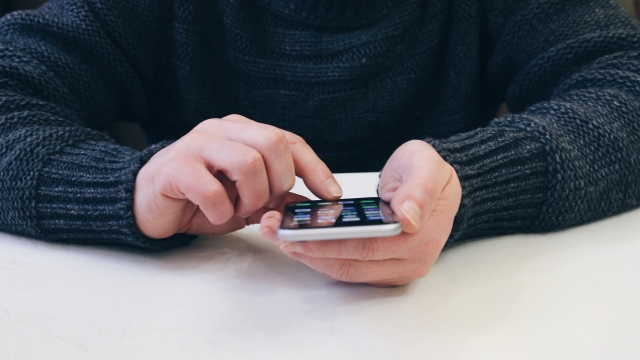Apple Tracks You More Than You Think

Whether you use a MacBook or an iPhone, you probably don’t think about it, but Apple tracks you more than you might realize. There are several different services that Apple offers that track your location, as well as your use of third-party apps. But did you know that you can use your iPhone’s AirTag feature to control exactly how much data Apple collects?
Location tracking
Earlier this year, Apple was called out for a software bug that was causing iPhones to send location data to Apple’s servers. Apple has since released a free software update to fix the bug. It has also revealed that it will no longer store location data on phones for longer than seven days.
Location tracking is a feature that Apple has implemented into its iPhone and iPad devices. This is a feature that allows the phone to gather information about nearby cell towers. It also allows the user to look up their location history. This is useful for apps like Google Maps, which can provide location information about where the user is and what they are doing.
However, location tracking is also a major invasion of privacy. Companies can use this information to identify the person who is using their products.
Apple and Google both provide location-based services, including Google Maps. Both of these apps provide detailed location history, even if the user doesn’t actively use them.
Analytics services
Among the most complete in-app data tracking tools is Apple’s analytics engine. It’s easy to implement and easy to update. It provides end-to-end visibility into your application infrastructure and your users’ interactions. It helps you pinpoint issues impacting user experience. You can even use it to minimize the consequences of software malfunctions.
Currently, the information Apple collects and reports includes device specifications, software versions, and information on connected devices. The data is collected and sent anonymously. It’s also used to make improvements to the products and services. Apple uses privacy-preserving techniques, such as removing personal data from reports before sending them to Apple.
Apple claims that the information it collects and reports on does not link to a user’s name or iCloud account. However, security researchers have discovered that it includes an identifier called dsId. The dsId can be linked to an iCloud account, but it cannot be traced back to an individual user.
Third-party apps
Despite a growing number of apps tracking your online activities, Apple is doing very little to stop them. Its tracking policy relies too heavily on trusting the companies it allows to track you. It has also failed to justify its tracking prompt.
Apple’s tracking policy forces app developers to display a prompt asking for permission to track users. Apple defines tracking as “a highly specific data set” of unassociated companies that “links a user’s data with an advertising ID”. But Apple’s definition doesn’t explain why such a specific data set is necessary.
Apple’s tracking policy doesn’t help end users, but it does benefit Apple’s bottom line. It reduces competition between ad-based businesses and Apple’s own paid digital content services. It also imposes costs on end users to cover the cost of app developers’ data collection and advertising.
The App Tracking Transparency feature, which was first announced at Apple’s Worldwide Developers Conference in 2020, gives consumers more control over how their personal data is shared. It also gives users the option to turn off tracking permissions for individual apps or to disable the entire feature.
AirTag
Those familiar with Apple’s AirTag may be aware of its ultra-wideband technology. This technology allows Apple devices to communicate with one another. It’s also used to help track items that are lost or stolen. However, this technology has also been linked to stalking, and Apple has responded to some of the concerns surrounding this technology.
As part of the security and privacy features of the AirTag, Apple works closely with law enforcement and safety groups. These groups are working to update AirTag notifications, such as limiting access to location information for other people.
If you’ve got an AirTag, you can disable your safety alerts for a day, which will prevent other people from seeing your location. You can also disable these alerts permanently.
If you’re concerned about your location, you can also download an app to detect unwanted AirTags. It’s important to note that these apps require cellular service. Also, Apple promises that no personal information is transmitted.




